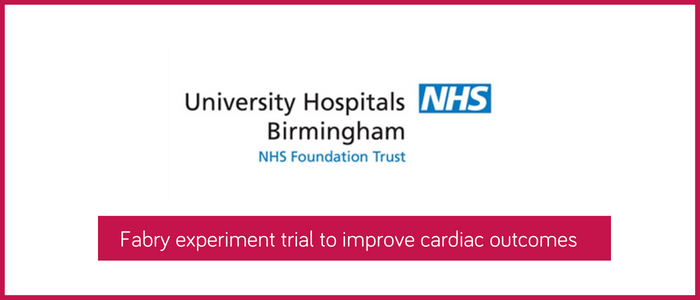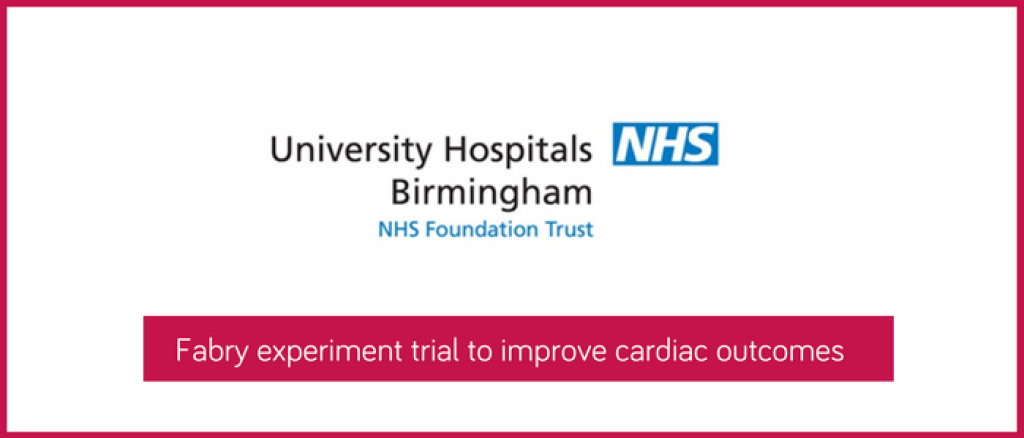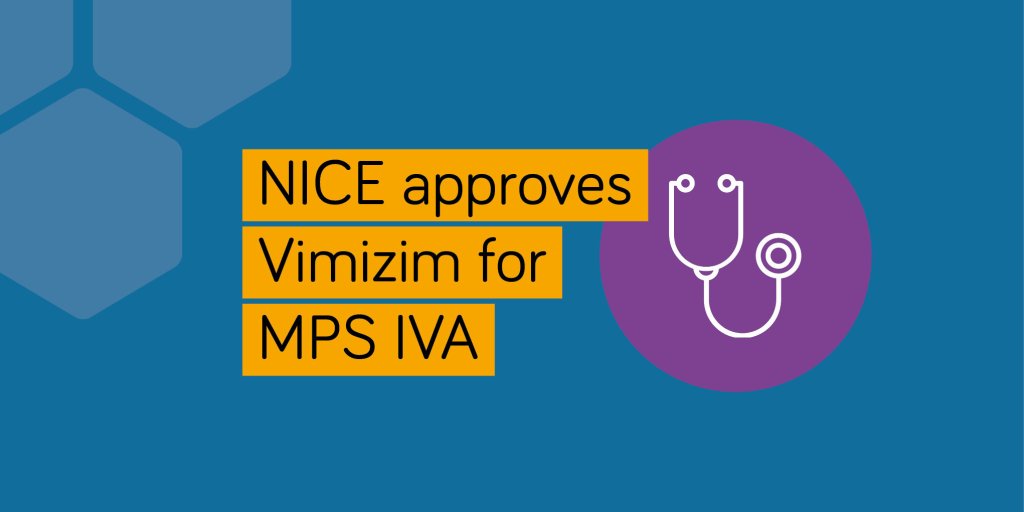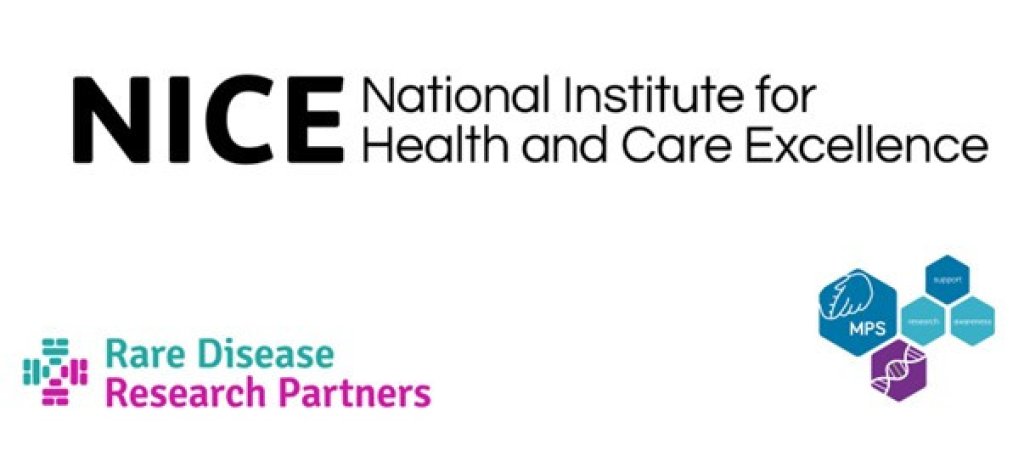
Fabry disease is a genetic condition which leads to accumulation of fat or “sphingolipid” within the tissues, in particular the heart muscle. This accumulation can disrupt the electrical conduction circuits within the heart, causing abnormal heart rhythms to develop which may or may not cause symptoms and can potentially be dangerous. When picked up they are usually treated with medications or pacemakers. As part of standard of care, your medical team assess for this using heart monitors usually attached to you for a period of 24-72 hours. Any identified abnormality from these monitors can then be addressed. However these abnormal rhythms can be sporadic and therefore not always picked up.
University Hospitals Birmingham are running a study (RaILRoAD) open to adults with Fabry Disease in the UK across 5 centres which aims to continually monitor and record your heart rhythm for a period of 3 years using implantable loop recorders (ILR). These are small devices the length of a AAA battery and width of a USB stick which sit under the skin on the left side of the chest. They wirelessly connect to your heart and to the hospital. They send a report with your heart trace if they detect an abnormal heart rhythm and you can send a report yourself using a home monitoring kit if you develop any symptoms. The hospital can then contact you and discuss the findings, giving a potential opportunity to offer treatment at an earlier stage. The procedure to implant the ILR takes around 10 minutes and uses local anaesthetic. The cost of the visit to hospital for this procedure is covered by the study team. This would be the only extra visit to hospital that would be required and no other investigations beyond your clinical tests are done. As the study aims to compare those with ILRs to those without, if you decide to participate there is a 50% chance of you being randomised to have an ILR.
The study is currently recruiting across the UK until 30th June 2023. They aim to recruit 169 patients and have so far recruited 115. In order to be eligible for the study, you must be aged 18 or over, have some form of heart involvement relating to Fabry Disease and be willing to participate. The consent process can also be done remotely on the phone and in the post, meaning that you would not need to come into hospital to sign the form.
Patients with Fabry disease are living longer and with a better quality of life. We want to further improve cardiac outcomes with patients with Fabry Disease. If you are interested in participating in the RaILRoAD study or would like more information, please contact the clinical team that manages your Fabry Disease and a member of the study team will be in touch. Alternatively, email Ashwin Roy at ashwinroy@nhs.net.
Download our Fabry treatment update guide to find out more about available treatments and trials for Fabry disease.



